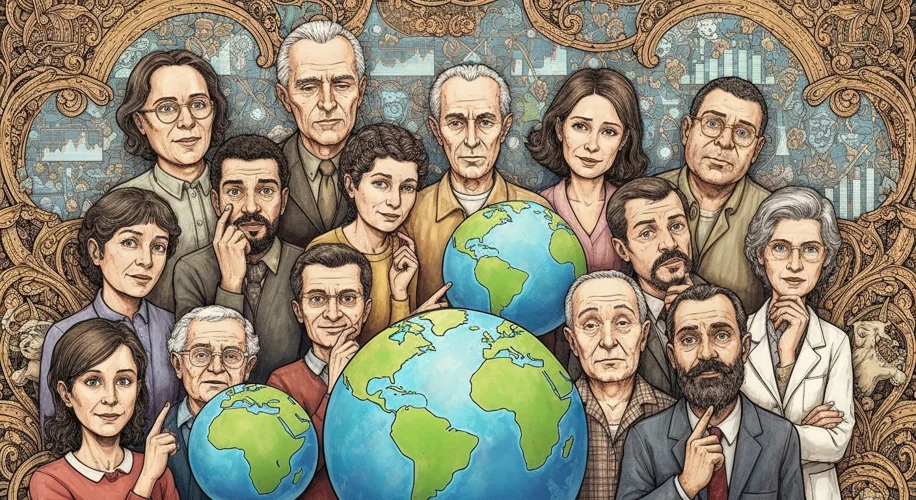Did you know that attitudes towards vaccines in America have been changing? A report from The New York Times in September 2025 highlighted that the U.S. is becoming somewhat of an outlier globally when it comes to vaccine acceptance. This isn’t just a small shift; it’s a significant trend that warrants a closer look at the science and societal factors at play.
For decades, vaccines have been a cornerstone of public health, credited with eradicating or dramatically reducing the incidence of many devastating diseases. Diseases like smallpox, polio, measles, and mumps, which once caused widespread suffering and death, are now largely preventable thanks to widespread vaccination. The scientific consensus is clear: vaccines are safe and effective.
However, recent years have seen a rise in vaccine hesitancy in many parts of the world, and the U.S. appears to be a notable example. This phenomenon is complex and doesn’t stem from a single cause. Factors such as the spread of misinformation, concerns about vaccine safety (often amplified by social media), and a general distrust in institutions can all contribute.
Let’s talk about what makes this trend particularly concerning from a scientific standpoint. Herd immunity, the concept where a sufficient percentage of a population is immune to a disease, protecting those who cannot be vaccinated (like infants or people with compromised immune systems), relies on high vaccination rates. When these rates drop, we become more vulnerable to outbreaks. We’ve already seen resurgences of preventable diseases like measles in communities with lower vaccination coverage.
It’s important to remember that vaccine development and approval processes are rigorous. Before any vaccine is made available to the public, it undergoes extensive testing in clinical trials to ensure its safety and efficacy. Regulatory bodies, like the Food and Drug Administration (FDA) in the U.S., monitor vaccines even after they are in use, collecting data and investigating any potential concerns.
My background in atmospheric science might seem far from public health, but I’ve always been fascinated by how complex systems interact and how data informs our understanding. Just as we model atmospheric changes based on scientific evidence, public health relies on data and scientific understanding to protect populations. When that understanding is challenged by misinformation, the consequences can be severe.
So, what can we do? As informed citizens, it’s crucial to seek out reliable sources of information. Reputable health organizations, scientific journals, and healthcare professionals are excellent places to start. Engaging in respectful dialogue, sharing accurate information, and understanding the scientific basis of vaccination are all vital steps. It’s about protecting not just ourselves, but our communities as well.
This shift in vaccine attitudes is a complex societal challenge, but by grounding ourselves in science and fostering open, honest conversations, we can navigate it together.

